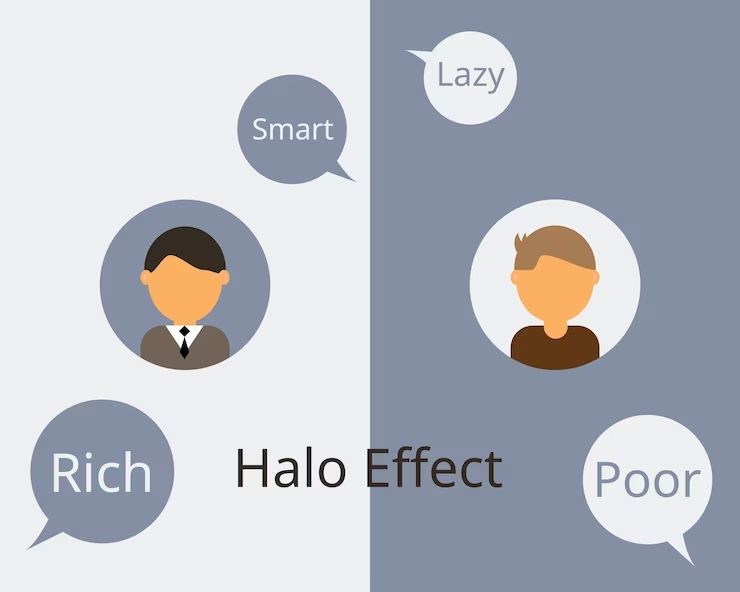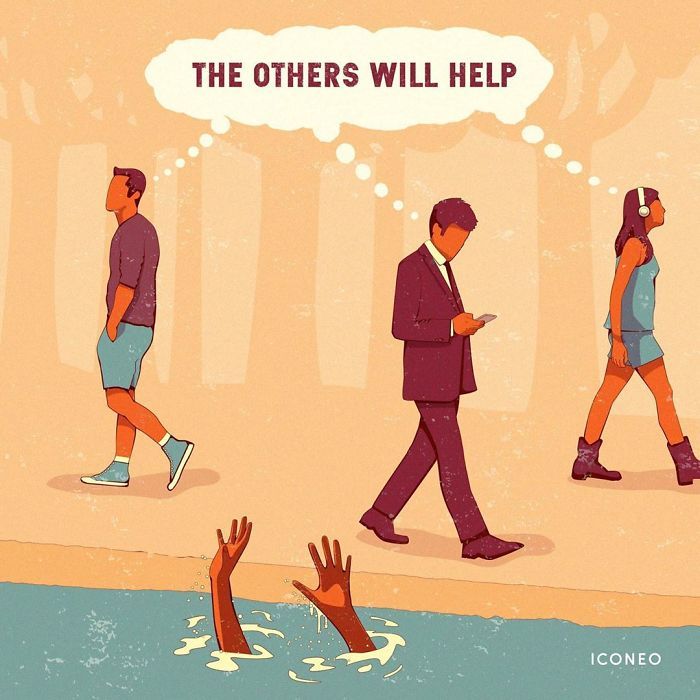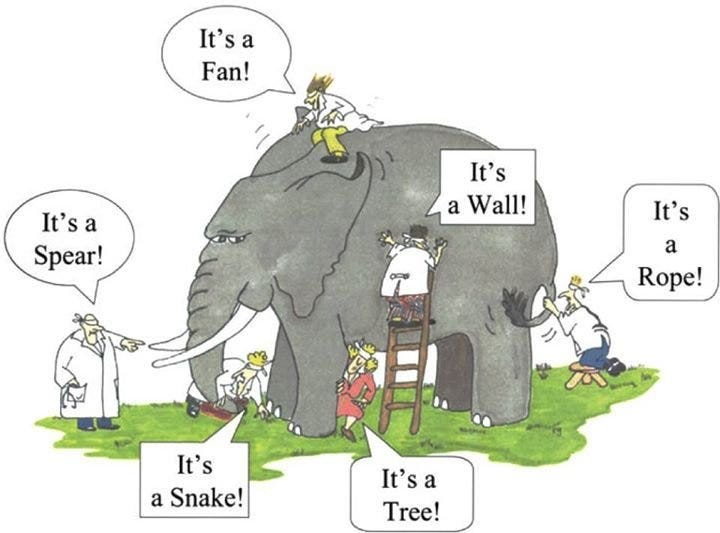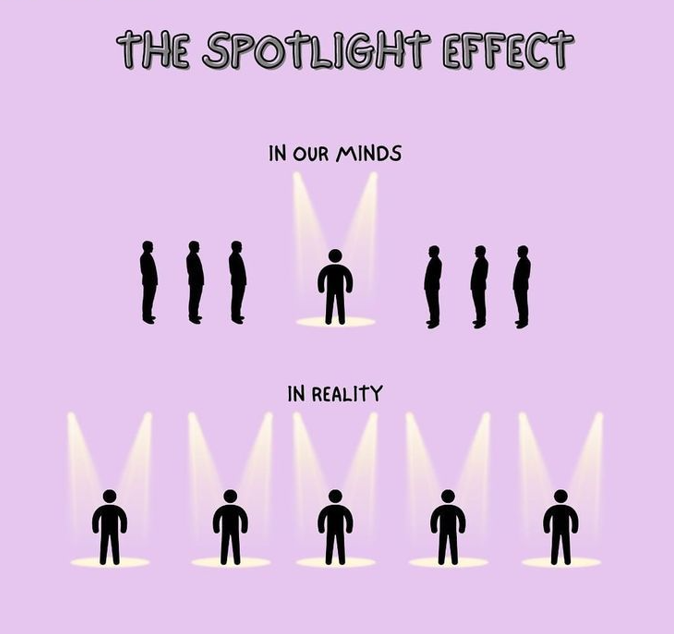Have you ever wondered why we behave the way we do in certain situations? Our actions are not always solely driven by our conscious decisions, but rather influenced by psychological effects that shape our behaviour. Let's dive into five common psychological effects.
 The Halo Effect
The Halo Effect
Have you ever experienced meeting someone who was exceptionally good-looking or charismatic? You might find yourself assuming that they possess other positive qualities such as intelligence or kindness. This is called the Halo Effect. Our brains tend to generalise positive traits from one area to another, creating an overall positive impression of an individual. This effect can influence our judgments and perceptions, sometimes leading to biased thinking.
 Photo from Pinterest The Bystander Effect
Photo from Pinterest The Bystander Effect
Have you ever witnessed an emergency situation where everyone around seems hesitant to help? The Bystander Effect refers to the phenomenon where individuals are less likely to offer assistance when others are present. This occurs because we tend to assume that someone else will take charge or that our help may not be necessary. Understanding this effect can motivate us to overcome our hesitations and be proactive in lending a helping hand when needed.
For instance, when you encounter someone lying still by the road, you might find yourself standing upright, considering whether to lend a hand or assume that other pedestrians will assist.

The Framing Effect
Have you ever been persuaded by the way information is presented to you? The Framing Effect shows how our decisions can be influenced by how information is framed or phrased. For example, when presented with a choice, we may react differently depending on whether the options are framed positively or negatively. This is because our minds are wired to respond to emotional cues, such as when we watch funny or emotional advertisements.

The Rashomon Effect
Have you ever noticed how people can have different interpretations of the same event? The Rashomon Effect describes the phenomenon where different individuals have conflicting recollections or perspectives of the same incident. Our memories and perceptions are subjective, influenced by our own biases, beliefs, and experiences. By recognizing this effect, it can help us embrace diverse viewpoints and foster open-mindedness in our interactions with others. . As an example, the numerical value of "၁" in Myanmar can be alphabetically represented as "င," "ဂ," or "ပ." Thus, the numeric character "၁" in Myanmar has multiple corresponding representations.
 Photo from Pinterest
Photo from Pinterest
The Spotlight Effect
Have you ever felt self-conscious about your appearance or worried about what others think of you? The Spotlight Effect explains why we tend to overestimate the extent to which others notice and remember our behaviour. We often believe that people are paying more attention to us than they actually are. This effect can lead to anxiety and self-doubt, but in reality, people are often preoccupied with their own concerns.
By being aware of these psychological effects that shape our behaviour, we can become more conscious of our biases, make more informed decisions, and develop stronger empathy and understanding towards others. So, the next time you find yourself in a situation where these effects come into play, take a moment to reflect and consider how they might be influencing your thoughts and actions.




Comments